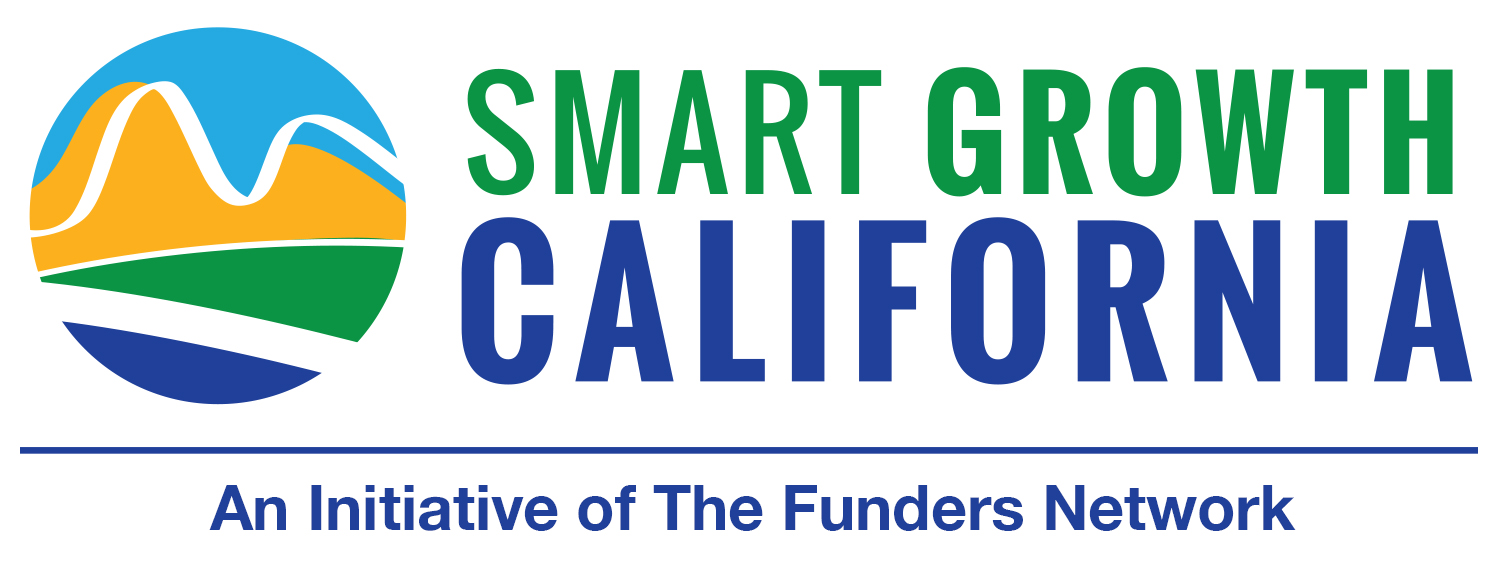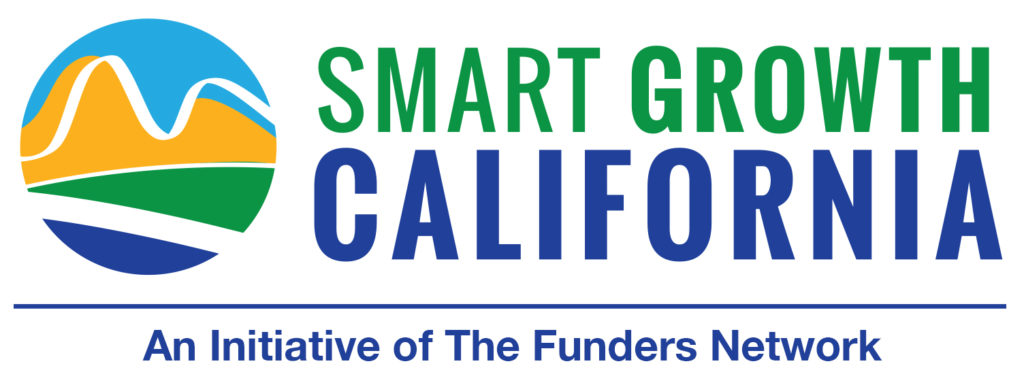Dates/Time
March 22 - March 24, 2021
12:30 pm-2:00 pm
Public transit agencies are facing an existential crisis. Ridership is recovering, but it is only about half of pre-pandemic levels. Public health protocols have increased operating costs, while revenues — from both passenger fares and government subsidies — are down, in many cases dramatically. Current efforts are focused on how to stop the financial bleeding to ensure that public transit agencies can provide essential service and survive fiscally. But when or whether passengers, fare revenues, and government subsidies return to pre-pandemic levels remains an open question. Understanding the dimensions of these challenges and the opportunities to build public transit back better will require innovative thinking, collaboration with stakeholders and workers, and leadership. Experts from the UC Institute of Transportation Studies (UC ITS) will examine the challenges facing public transit operators large and small in California and the opportunities for recovery and renewal as part of a two-part webinar series.
Part I: Challenges Facing Public Transit Before, During, and After COVID-19
Monday, March 22, 2021 | 12:30 p.m. – 2:00 p.m. PT
This webinar is the first in a two-part series exploring the challenges and opportunities facing public transit. UC ITS experts will review the challenges facing public transit operators leading up to and amidst the COVID-19 pandemic, including changes in ridership, deepening fiscal issues, and growing social challenges related to homelessness, sexual harassment, and safety. The webinar will conclude with insights of a recent scenario planning exercise exploring how to build public transit back better in light of these many challenges.
View and download associated reports and policy briefs.
Part II: Key Considerations for Public Transit Moving Forward
Wednesday, March 24, 2021 | 12:30 p.m. – 2:00 p.m. PT
This webinar is the second in a two-part series exploring the challenges and opportunities facing public transit. UC ITS experts will share key considerations for the recovery of public transit and for achieving the state’s broader vision for more sustainable, equitable, and cost-effective transportation. Topics to be addressed include: better serving the needs of mobility disadvantaged populations; leveraging new business models, technologies, and services to attract new riders; working more effectively with the private sector; protecting workers and jobs; and financing the future of public transportation.

